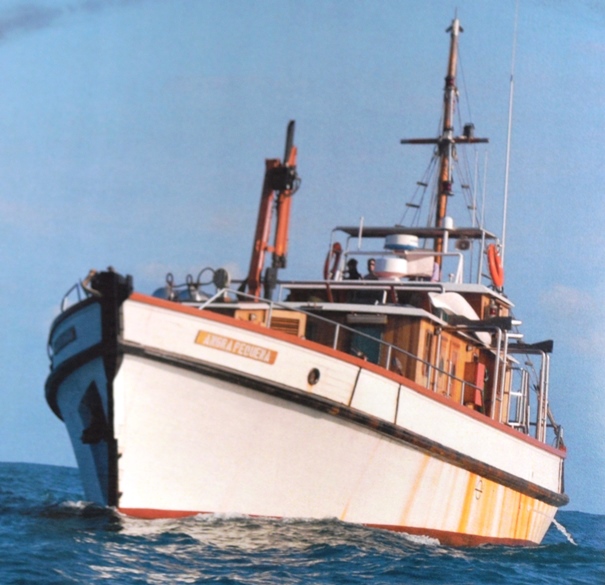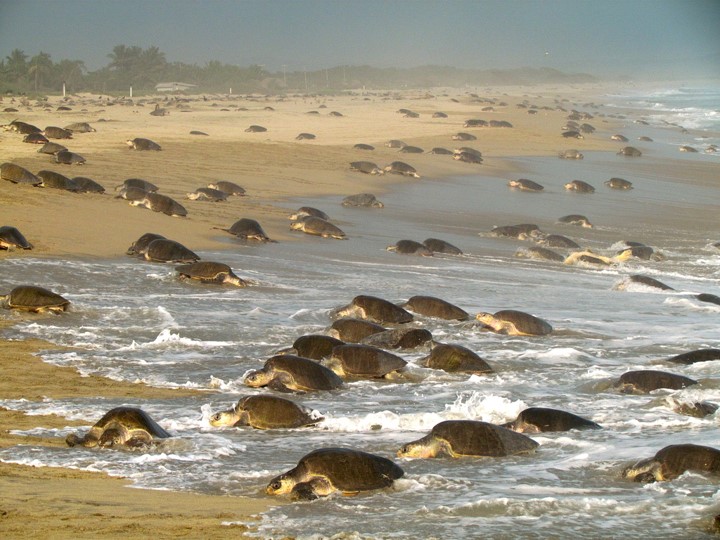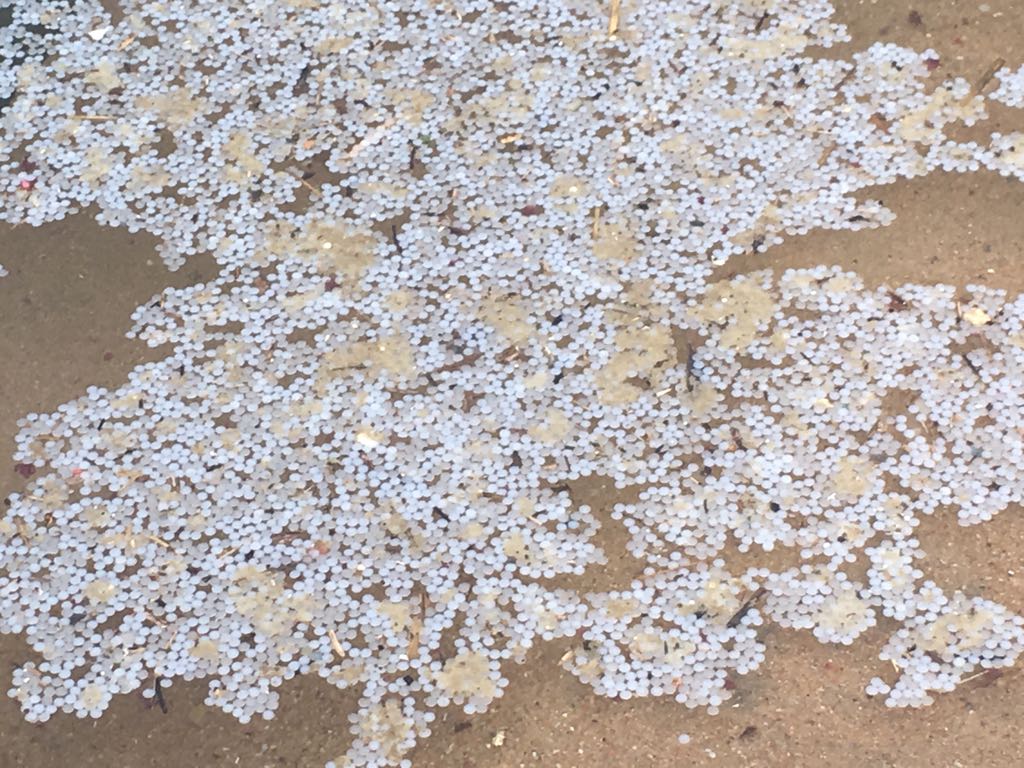Should we give a rat’s ass that many species of rays and sharks could be on the brink of extinction? Are people actually part of any “man-eating sharks” diet? How many sharks are culled each year for the sake of bathers’ protection? What other species suffer as a result ? How big is the demand for shark fins, and why? And what about rays and the role they play in the ocean’s ecosystem?
These are among a wide array of questions a growing number of young, aspiring science writers and ocean enthusiasts are grappling with in entering Roving Reporters first Ocean Watch writing competition. Writers of the best seven story ideas will receive R750 cash and expert guidance from seasoned journalists in knocking their stories into shape for publication.
To enter simply email your story pitch or draft outline to matthewhattinghdbn@gmail.com before midnight, Tuesday, July 14.
NOTE: The competition is open to South Africans between the ages of 18 – 35, but we will welcome other story ideas for our Ocean Watch series from other aspiring science writers, ocean enthusiasts and marine biologists around the world.
GUIDELINES
Essentially, a story pitch is quite simply a short outline of what your story is about and your research plan.
But to make it convincing, and make us say, “Yes, we are going to help you write this story!”, your opening lines must grab our attention; make us want to learn more about your story. Even better still, make your opening lines the proposed introduction to your story complete with a headline. This will show us that you have given serious thought to actually writing the story, and give us a keen sense of your story writing talent.
Once you have introduced your story idea, you should then
- Explain the idea in more detail and motivate why you think it is exciting, worthwhile, and newsworthy.
- Tell us what research you will do, or have already done, who you will interview and any places you will visit/have already visited in doing your research. i.e. the fieldwork.
- Describe the people at the centre of the action in your story, what is intriguing about them and/or the work they do and why you have chosen them as the voices in your story.
- What you as the writer, want to learn more about the topic and issues you are writing about.
- And lastly, and mostly importantly, how will you take readers out of their world, just for a moment, and make us care. Caring, after all, is the root of action!
As the Redford Centre states: “Stories. They have the power to open minds. And protect our planet. We make stories that move. We support storytellers who bring environmental issues to life through film. Our films foster awareness and action, dwell in possibility, and offer solutions and hope.”
At Roving Reporters we subscribe to the very same principles in guiding young writers through the process of writing stories that inspire!
We look forward to receiving your story pitches.
For more tips on writing a good story pitch, click here or on the image below.
BANNER IMAGE














